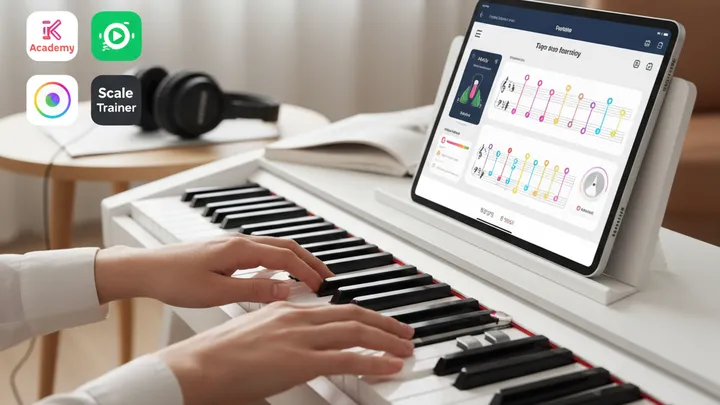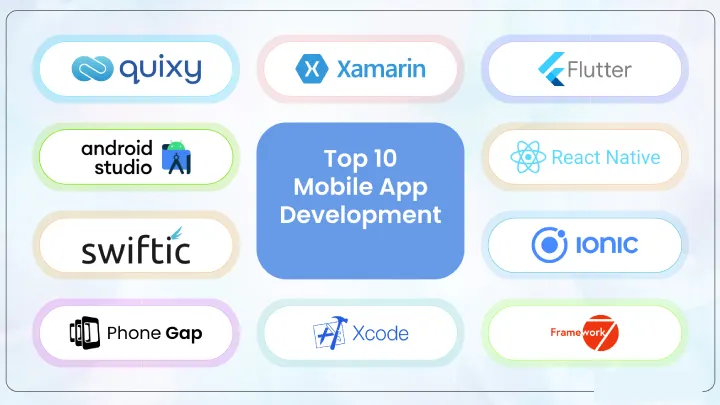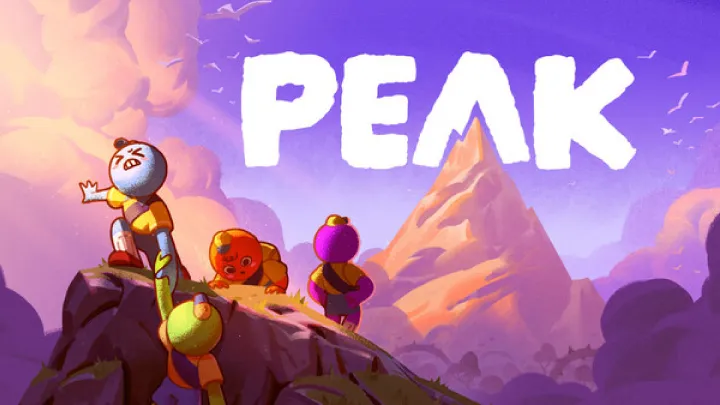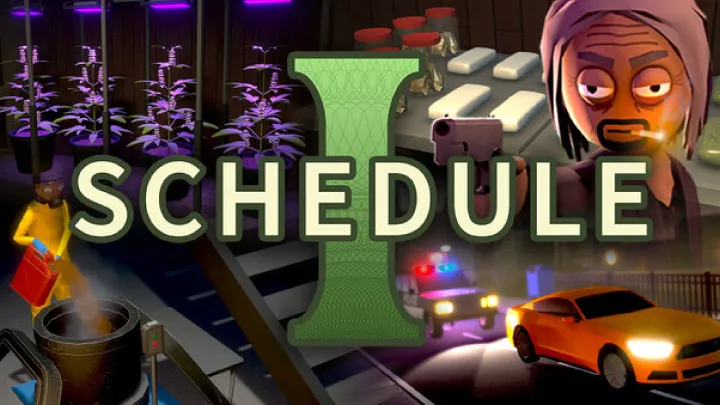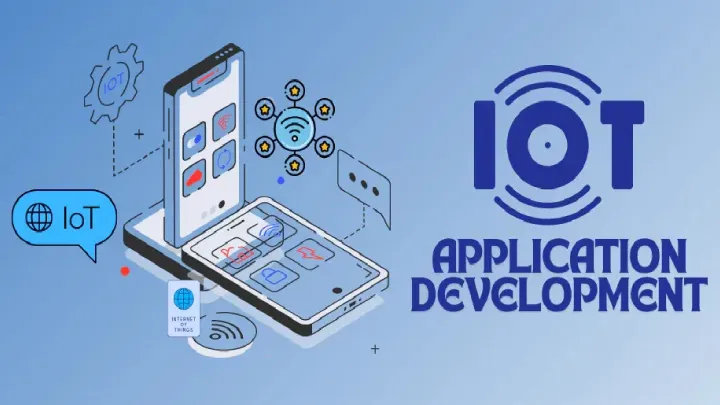Introduction
Practicing mobile game networking coding involves implementing protocols like TCP/UDP, WebSockets, and state synchronization to create seamless multiplayer experiences, a vital skill in 2025's gaming surge where networked features drive 70% of engagement per Newzoo reports, powering titles at Epic Games and Unity. Mobile apps enable hands-on practice with simulators, code runners, and latency visualizers, turning commutes into sync sessions without a server farm. This review curates the top 7 apps for game networking education, selected from 2025 app store ratings, gamedev forums, and insights from sources like Unity Learn and Godot docs. Each app details features, strengths, and weaknesses (as tailored paragraphs), with an overall evaluation without scores. From novices broadcasting positions to pros handling NAT traversal, these iOS- and Android-optimized platforms provide over 2000 words of packet-powered guidance to network your games anywhere.
1. Unity Multiplayer Networking
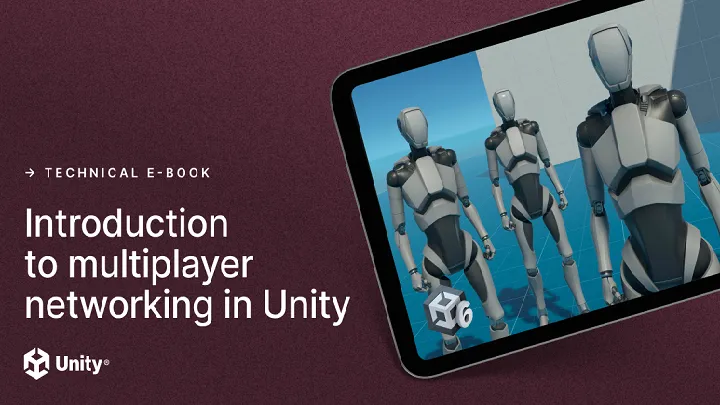
Overview: Unity's official app teaches networking with Mirror and Netcode for GameObjects, covering RPCs and state sync through interactive projects.
Strengths: Guided labs build lobby systems with host migration, previewing on-device without servers. Free with offline tutorials, supports Photon for cloud. Community assets share lag compensation scripts, updates for 2025's Relay. Integrates PlayFab for auth.
Weaknesses: Requires Unity Hub for exports, mobile previews lag large lobbies. Focused Unity, light on native.
Overall Evaluation: Unity Networking syncs multiplayer coding immersively, ideal Unity devs, exports tie to desktop.
2. Godot Multiplayer Tutorials
Overview: Godot's app ports docs for high-level multiplayer API, teaching RPCs and scene replication via code examples.
Strengths: Open-source free with offline snippets, editor runs sync demos for peer-to-peer. Community demos for turn-based, exports GDScript to projects. Visual debugger steps through deltas, supports WebRTC.
Weaknesses: Docs-heavy over interactive, mobile editor basic for 3D. Android-primary, iOS web. No certs.
Overall Evaluation: Godot Tutorials code networking openly, great open-source, interactivity trails.
3. Socket.io Playground
Overview: Socket.io's mobile app simulates real-time networking for games, with JS playground for rooms and broadcasts.
Strengths: Live client-server sim, free with offline code. Tutorials from chat to position sync, community rooms share. Supports Unity/Flutter plugins.
Weaknesses: JS-focused, light C#. Mobile sim single-device.
Overall Evaluation: Socket.io plays real-time networking engagingly, JS gamers ideal, lang narrow.
4. Photon PUN Mobile
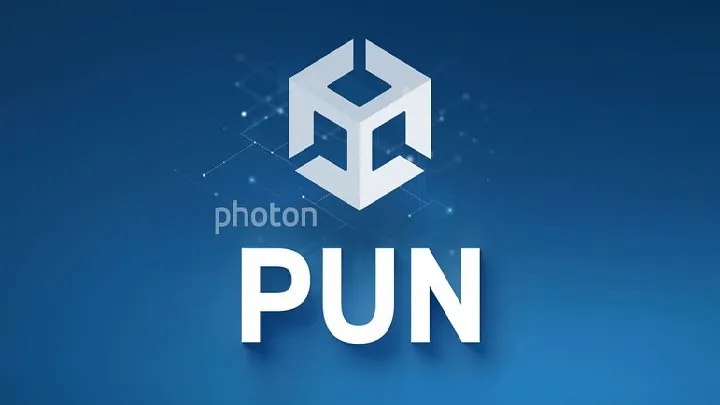
Overview: Photon's app teaches cloud multiplayer with PUN2, covering matchmaking and object sync.
Strengths: Cloud lobbies test latency, free tier 20 CCU. Offline mocks, tutorials NAT punchthrough. Community prefabs for FPS.
Weaknesses: Cloud-reliant, free caps users. Mobile secondary.
Overall Evaluation: Photon clouds multiplayer reliably, scalable teams, caps constrain.
5. Programming Hub
Overview: Programming Hub modules C# and JS for UDP/TCP in games, compilers for network tests.
Strengths: Offline videos explain interpolation, $6.99/month certs. Examples Unity-like, progress gamifies. Broad Python sockets.
Weaknesses: Scattered, UI dated. Oversimplifies lag.
Overall Evaluation: Programming Hub certifies network coding multi-lang, versatile, fragmentation dilutes.
6. SoloLearn
Overview: SoloLearn gamifies networking in JS and C++, quizzes on packets and playgrounds for sync.
Strengths: Free 20M+ shares, XP daily broadcasts. Offline quizzes feedback. Bite blends fun.
Weaknesses: Introductory skips WebRTC, ads disrupt.
Overall Evaluation: SoloLearn energizes entry networking socially, fun newbies, depth wanting.
7. Mimo
Overview: Mimo's 5-min lessons cover JS WebSockets and C# async, projects prototyping lobbies.
Strengths: Streaks motivate, previews live syncs. Free basics, $9.99/month unlimited.
Weaknesses: Short skips protocols, JS-heavy.
Overall Evaluation: Mimo quickens networking busy, refreshers over depth.
Conclusion
Practicing mobile game networking coding on mobile syncs 2025's multiplayer boom, from Among Us clones to Fortnite lobbies, and these seven apps packet your ascent. Beginners SoloLearn broadcasts or Mimo quicks, pros Unity Mirror or Godot RPCs. Standouts Programming Hub certs, Socket.io realtime—but clouds or shorts stacks. As 5G networks rise, adapt. Sync daily, traverse NAT, blend apps to networking empires that play perfectly.









